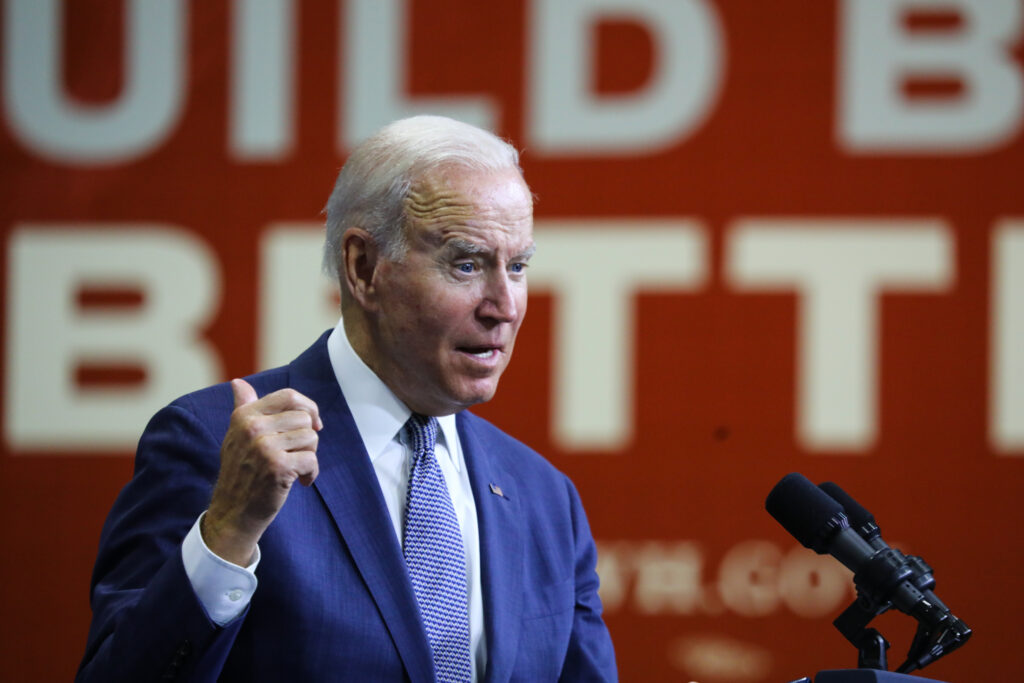The explosive growth of occupational licensing has continued in all 50 states, a new study reports.
Occupational licensing regulations are often little more than government permission slips, imposed by bureaucrats but unneeded to ensure public safety. Many licensing requirements make it difficult for lower-income individuals to move up the ladder of economic success by getting a job.
In November 2017, the Institute for Justice (IJ) released the second edition of its groundbreaking “License to Work” report. Building on the first edition’s work, the study details the continuing explosive growth of occupational licensing in all 50 states.
Unnecessary Government Licensing
Ohio provides a good example of the burdens of occupational licensing.
Echoing concerns expressed in the first edition and by a 2015 Buckeye Institute study “Forbidden to Succeed,” the new edition of the IJ report shows Ohio is licensing fewer low- to moderate-income jobs than other states. However, the remaining occupations licensed by the Ohio state government are creaking under greater burdens than in most other states. Ohio places a particularly high burden on aspiring auctioneers, for example, and it is the only state licensing social- and human-service assistants.
IJ also reports Ohio barbers have to spend 420 days on government-mandated occupational education, and cosmetologists have to put in 350 days of classes, time which they could have used for earning money. Emergency medical technicians lose only 35 days to mandatory education, a much lower barrier.
In other words, in Ohio it takes less time for someone with other people’s lives in their hands to meet the government’s requirements than it does for a person giving a haircut.
Licensing laws especially trouble the families of military personnel, who regularly move from state to state. Service members’ families are forced to reapply for government licenses each time they move, because one state’s occupational licenses may not be recognized elsewhere.
State Seal of Approval
Given the vast amount of information available on sites such as Angie’s List, Yelp, and the Better Business Bureau, government seals of approval and permission are superfluous, and their coercive nature invites corruption.
People should not have to get approval from the government in order to get a job. Lawmakers should adopt the least restrictive type of regulation possible to ensure public health and safety.
More Awareness, More Reform
The Buckeye Institute and IJ aren’t the only ones recognizing the cost of these onerous requirements. The Heritage Foundation, the Brookings Institute, the former Obama administration, and the current Trump administration have called for reducing burdensome licensing requirements.
Ohio has made progress on this issue, with state lawmakers joining The Buckeye Institute’s fight to reform Ohio law so military spouses’ out-of-state occupational licenses are recognized here.
Ohio and other states should implement further reforms so people can work in the occupations they want and build a better future for themselves and their families.
An earlier version of this article was published at https://www.watchdog.org/ohio/op-ed-past-time-to-end-the-permission-slip-policy/article_603e74bc-cec8-11e7-9e31-7bf1f920d060.html. Reprinted with permission.





